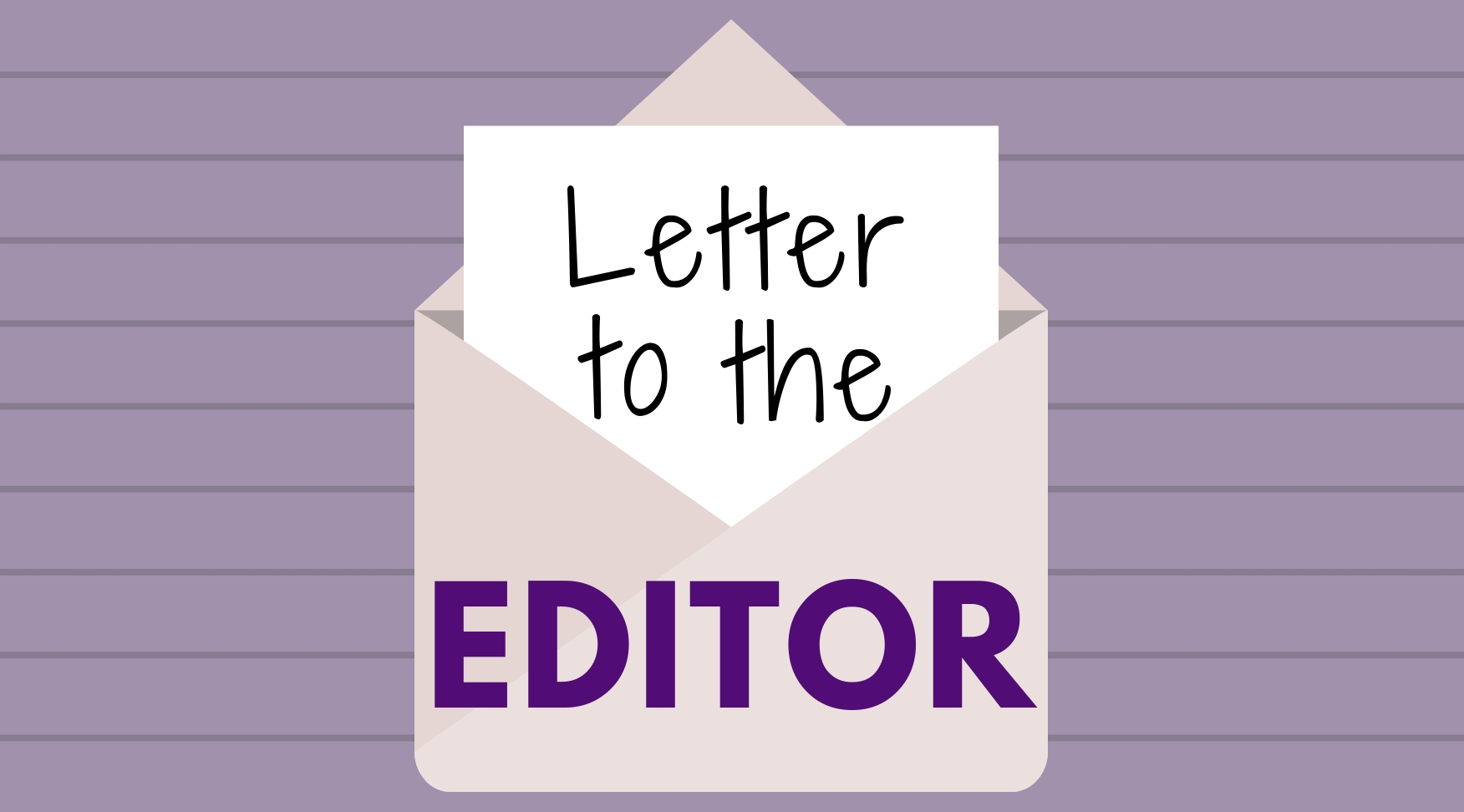In the United States, 1,250 calories of food goes to waste per day. This means that 40 percent of the food in the U.S. goes uneaten, resulting in a loss of $218 billion each year due to food waste.
According to Opposing Viewpoints, food waste is the “international rejection and discard of edible food that occurs on the retail and consumption side of the food chain.”
Forty-two million Americans continue to face food insecurities every day, and less than one-third of the food thrown out would be enough to feed this population. These statistics are unacceptable and immediate action is necessary.
Food waste can be traced back to every step in the supply chain, but the largest contributor comes from our own households. It is important to understand consumers have the power to make a direct impact in lessening food waste. There are several effective solutions that will help reduce household food waste. Educating oneself on date labels, signing up for and participating in composting and buying imperfect foods will bring us closer to solving the American food waste pandemic.
Understanding food labels can help reduce food waste tremendously. For example, “Use By” is suggestive of a foods safety concern and therefore should be adopted in limited ways to express when foods are no longer edible.
On the other hand, “Best By” or “Fresh By” should be safe to eat past the date; the produce just may no longer be at their peak quality. The label “Sell By” can be ignored by the consumer as it is meant for grocery store staff. In any case, remember if it smells sour or tastes funky, avoid eating it.
In addition, organics recycling drop-off centers are an easy way to help reduce the amount of waste going in your trashcan and minimize your environmental impact. There is a local sign-up in the St. Paul area (insert link) to get access to the local organics recycling drop-off sites plus free compostable bags to take home. According to the Macalester Groveland Community Council, this provides “the opportunity to compost materials like … egg cartons, paper towels, napkins, and much more.” With a drop off sites present in our local community, it is convenient and environmentally friendly to start reducing your carbon footprint.
Today’s society believes high quality produce has to be aesthetically pleasing. This misconception has led to 20 million pounds of imperfect produce being thrown out before it reaches grocery stores. In response, the “Misfits” program was created to package ugly foods and distribute it to all Coborns and Hy-Vee locations in Minneapolis. Buying “Misfits” produce not only helps up to 50 percent on your purchase, but also helps you save the ugly carrot from being wasted.
I believe educating oneself on date labels, signing up for composting, and buying imperfect foods will kick start a “save the food” revolution in our community. It is key to implement these solutions in helping reduce at-home food waste.
Miranda Herz can be reached at herz9261@stthomas.edu.



